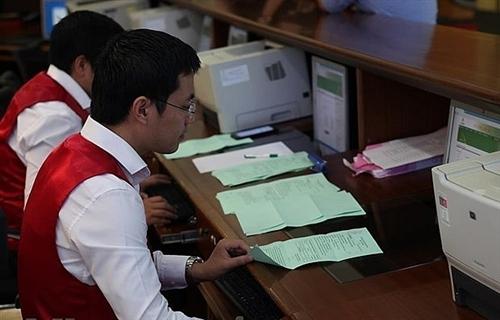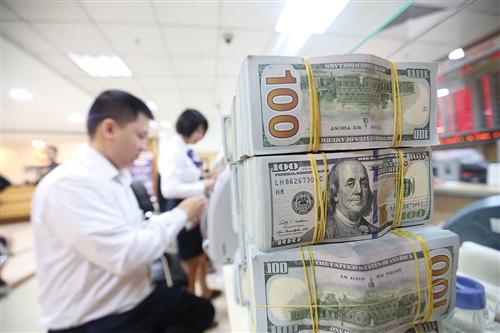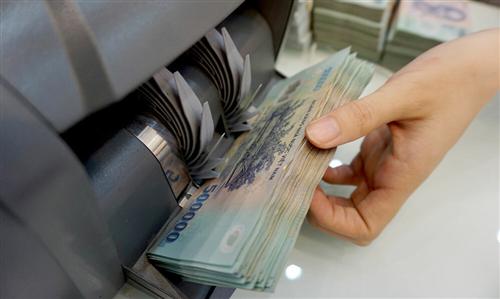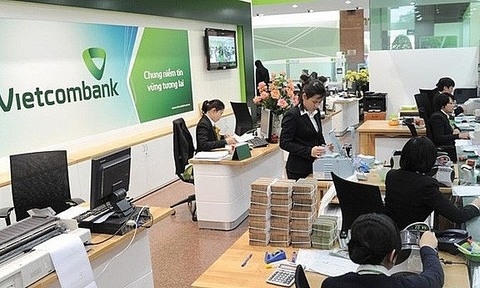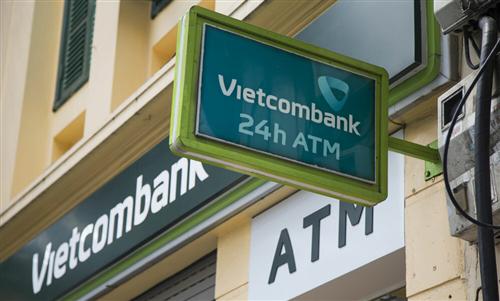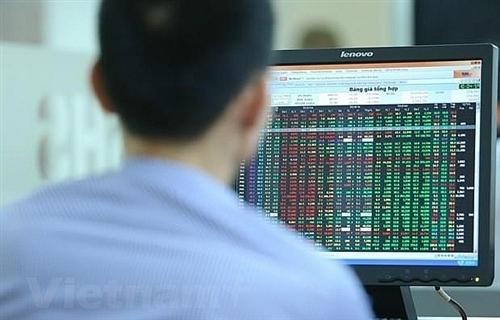Bonds rising to primacy
Bonds rising to primacy
The global rush for cash is putting immense pressure on the bond market, raising concerns about whether it is functioning well enough to effectively distribute funds to communities and businesses who still favour bonds fuel investor demand for financing down the road.
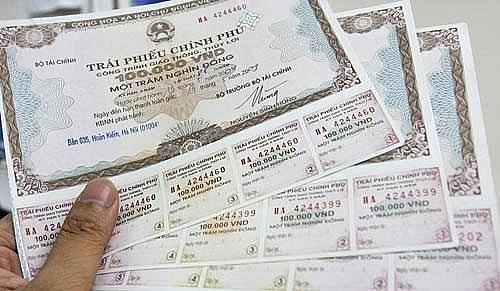
Bonds rising to primacy, illustration photo
|
Vietnam’s local currency bond market contracted 3.9 per cent on-quarter in local currency terms to $53.6 billion at the end of December, driven largely by the maturation of all short-term outstanding central bank bills during the fourth quarter of 2019, according to the latest data from the Asian Development Bank (ADB). The government bond market, meanwhile, dipped 3.9 per cent in the same timeframe in local currency terms to $49.2 billion by the tail end of the year. The corporate bond market also contracted 4.9 per cent on-quarter in local currency terms to $4.3 billion. Vietnam’s 31 largest local currency corporate bond issuers had aggregate bonds outstanding of VND97.7 trillion ($4.24 billion) at the end of December, accounting for a 97.7 per cent share of the corporate bonds. The largest new corporate bond issuance during the quarter came from ACB with VND1.5 trillion ($65.2 million) of five-year bonds.
“Financial markets in the region are already feeling the brunt of the effects of the pandemic, with foreign investment and sector activities on the downside, coupled with ongoing trade issues,” noted Yasuyuki Sawada, chief economist at ADB. “Efforts to cushion the negative impacts through stimulus packages and monetary measures to support affected households, businesses, and financial markets should continue.”
According to Bao Viet Securities, the Vietnamese state treasury has just offered to sell 10-year and 20-year government bonds with offering volume of VND2.5 trillion ($108.7 million) for each. Bidding volume for a 10-year bond was nearly three-fold higher than the offering volume but had a zero per cent success rate.
Meanwhile, bidding volume for 20 years was 2.28 times higher than offering volume with a success rate of 52 per cent, at 2.53 per cent interest rate – down 0.45 per cent from the last winning auction.
However, looking at the Vietnamese market, there are many potential issuers actively looking at tapping into a market where supply will increase in the coming years.
In terms of corporate bonds, SSI research indicated that 55 per cent of these bonds worth VND17 trillion ($793.13 million) were issued by property developers, such as Novaland, Phat Dat Corporation, and TTC Land.
Last November, the State Bank of Vietnam imposed strict actions in tightening short-term capital sources for the use of medium- and long-term loans via Circular No.22/2019/TT-NHNN. The ratio will be brought down by increments and will be reduced by four phases to 30 per cent from October 2022 onwards. As a result, firms are opting for bond sales to take advantage of the decline in interest rates and a surge in investor demand.
“Restrictions from regulators on bank credit, along with loosening regulations on bond issuances, have boosted the development of other channels, particularly corporate bonds,” explained Nguyen Quang Tin, a member of the board of directors at Development Investment Construction JSC. “Compared to stocks and bank loans, issuing bonds seems to be the easier option. Yet, companies coming to the market need to have a strong reputation and a trusted brand to gain investors.”
Nguyen Van Dat, chairman cum CEO of Phat Dat Corporation, said that corporate bonds have emerged as an alternative channel for capital mobilisation for those stranded without a bank loan. With maturities of two or three years, Dat believed they make for “a safe milestone for business life cycle which will give firms time to operate and utilise capital wisely.”
Chairman of law firm BASICO, Truong Thanh Duc, acknowledged that investors are shifting money from stocks into corporate bonds, signalling that concerns about sluggish earning growth is not leading to worries about the ability of companies to pay back their debts.
“Buying corporate debts, in fact, would be easier for investors. The relationship is simple: the bond buyer is the debt owner, and the issuer is obligated to pay their debt. In short, corporate bonds are a form of debt financing approved by the government,” Duc told VIR. “Bond issuance, one of the major sources of capital for businesses, is in accordance with the law. Bank loans cannot be the only permanent source of financing, especially for the long term.”
Nevertheless, some small- and medium-sized enterprises whose brands are not established yet pale in comparison with well-known or blue-chip firms.
That can be easily explained, since smaller companies are more vulnerable to risks. For instance, size corresponds with a firm’s ability to repay its debt obligations on time. Blue-chips can woo institutional and foreign players thanks to their more sustainable progress and better financial health.
Financial expert Nguyen Huu Binh noted that larger urban area projects have gradually replaced smaller ones with capital below VND 1 trillion ($43.48 million).







